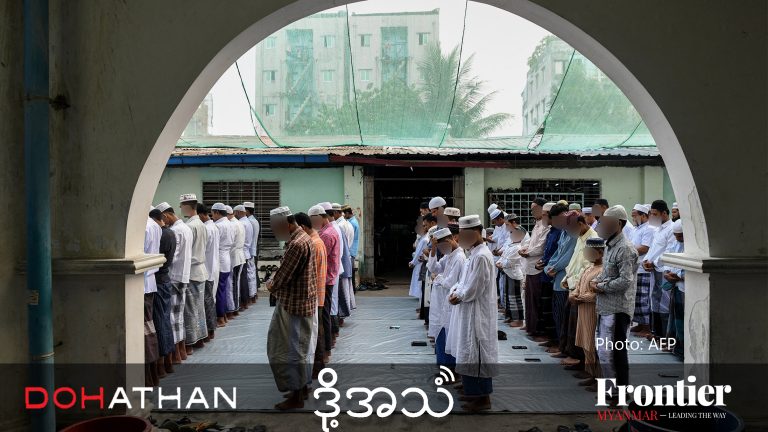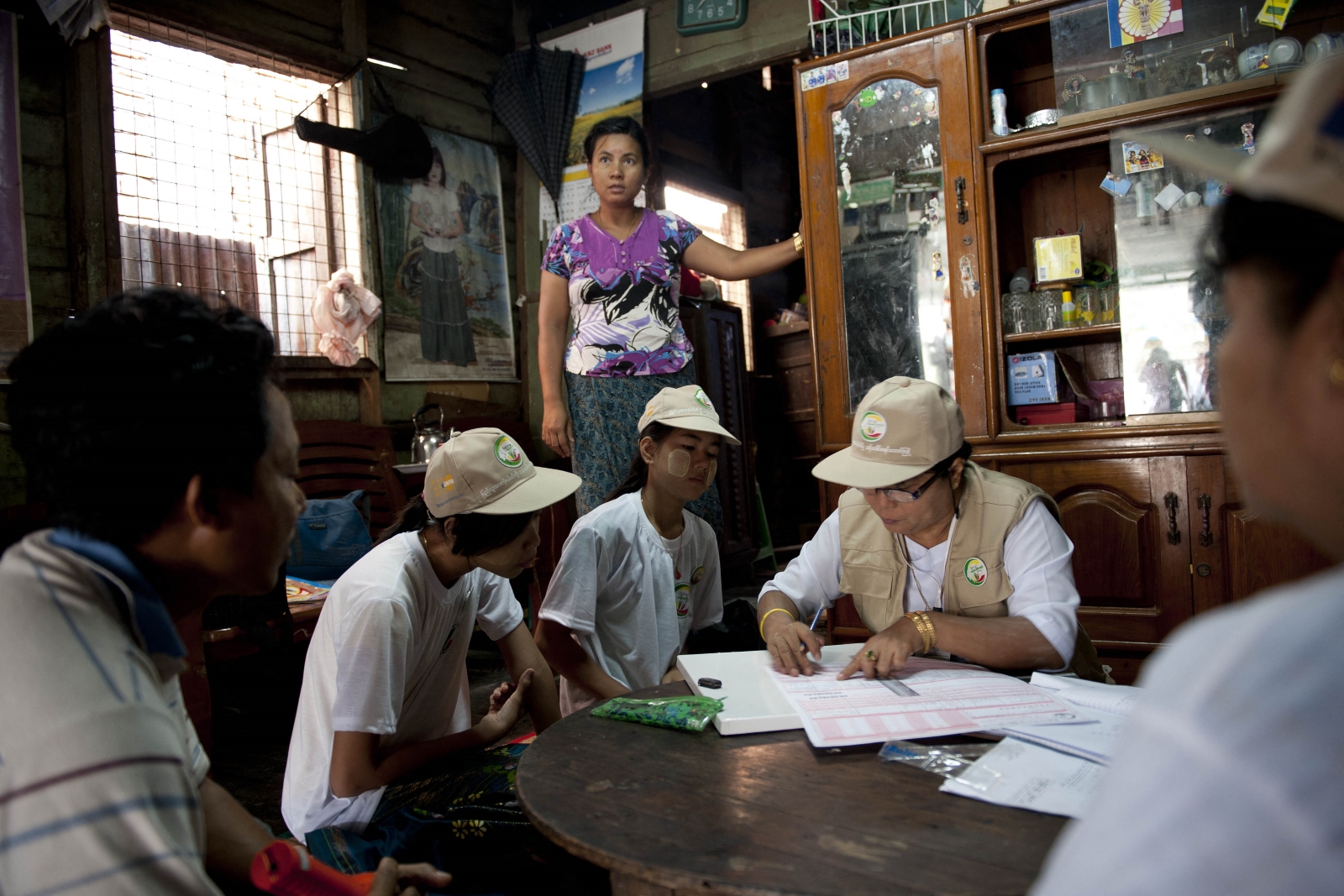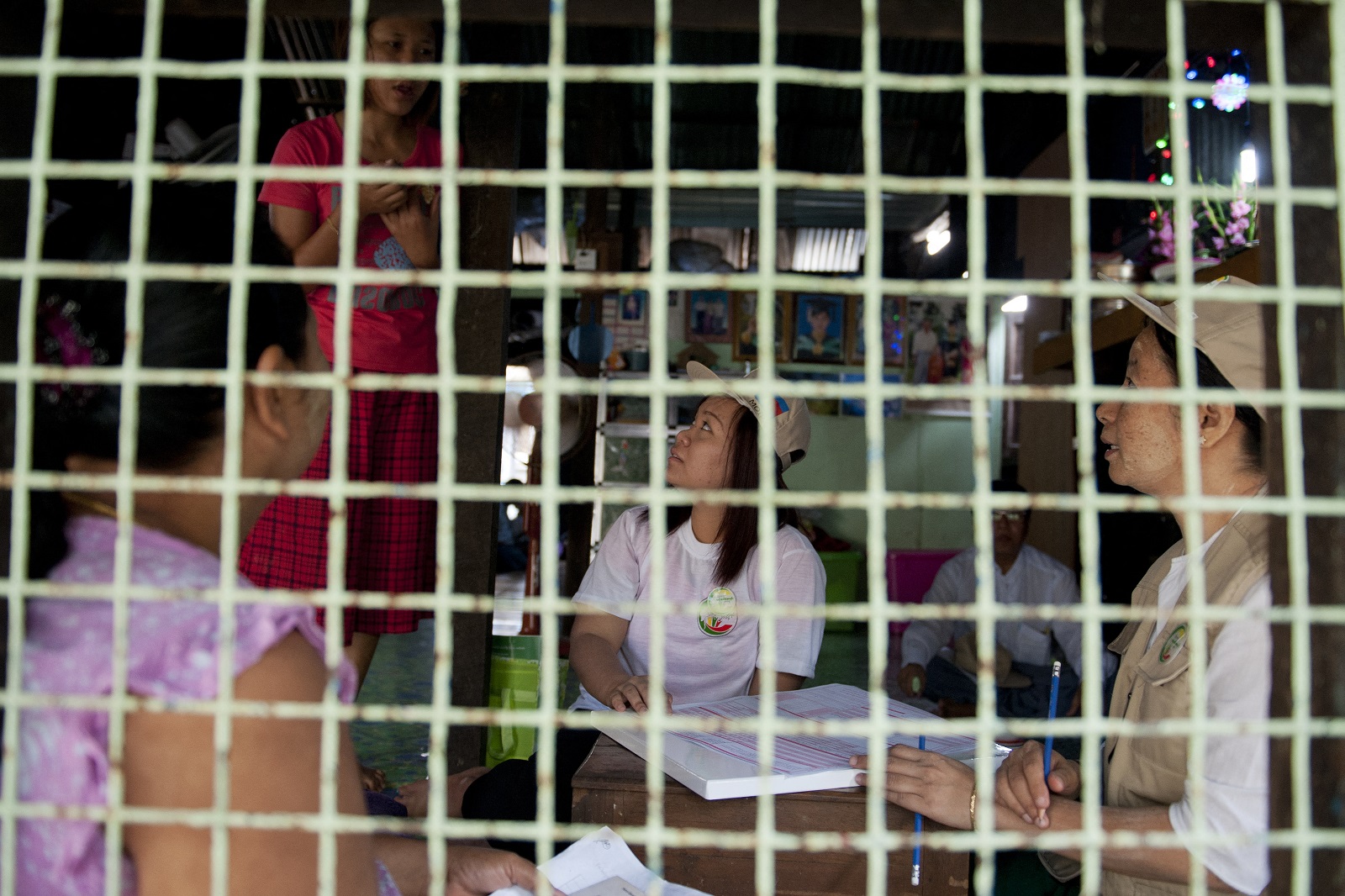Decisions by the Union Election Commission and some political parties to exclude Muslim candidates from the November 8 election have already ensured that it cannot be fair.
The official start of the election campaign has seen Facebook festooned with candidates’ images and their party’s posters. There have also been some caricatures, humour being a national saving grace.
For the first time, social media will play a significant role in a general election in Myanmar. This may represent a technological advance in electioneering, but I am disappointed that the lead-up to the campaign has been marred by regression.
I am referring to the wholesale exclusion of Muslim candidates, including by the National League for Democracy – to its ultimate and enduring discredit. A major party once seen as a champion of democracy and human rights has fallen on shabby and sordid circumstances of its own making. The Union Election Commission – state-appointed and not independent – has disqualified dozens of Muslim candidates on alleged citizenship grounds.
Some of the UEC’s victims are sitting MPs who contested and won seats in 2010. I had perceived that the situation was bad but it is worse than I could have expected. I must equivocally say that it is already obvious that the November 8 election will not be fair. Muslim exclusion from the election is just a beginning. It is an indication of the determination of some to ensure that the election process is, from their perspective, as ‘hygienic’ as possible.
These past few weeks, nations and political leaders have been subjected to an acid test of how they regard and treat the wretched of the earth – refugees, migrants and religious and ethnic minorities. Nations such as Germany and Austria have upheld humanitarianism and compassion and welcomed the unfortunates fleeing the horrors of war-ravaged Syria and its environs. The response from Germany and Austria has shamed many other countries, including in western and eastern Europe.
Support more independent journalism like this. Sign up to be a Frontier member.
Our own golden land, Myanmar, is excluding and practicing political apartheid against a religious minority whose roots in our nation stretch back nearly a millennium. Apologists will say that this kind of behaviour is apt to occur during transitions from authoritarianism and in incipient democracies. That is not saying much.
We cannot overlook the leadership factor. One of Chancellor Angela Merkel’s most courageous decisions has been to open Germany’s borders to the hapless refugees from the Middle East. For Myanmar, there is the cloak of a poor, conflict-ridden, and undeveloped country to hide behind. I have said publicly that for all Myanmar’s promise, its political leadership is despicable and its moral leadership is a huge, gaping void. Cardinal Charles Maung Bo is one of the few speaking out, and he is a member of a religious minority.
Apart from the spectre of religious apartheid, the other fateful conundrum is whether Myanmar is any longer a secular state. Secularism is not explicit in the constitution and many critics have missed this point. A powerful and extremist religious organisation is flexing its muscles and the nation is being caught off-guard. Alarm bells need to ring louder.
I tell friends that democratisation is not the primary concern anymore because it will come. What we need to worry about are the ‘collateral damage’ and by-products of the process. The democracy-promotion industry from the west, kindly take note. It is an issue that should take precedence over the military’s continued role in the state, onerous as it is.
It is to be expected that in closely-fought elections, expediency, compromises and even connivance are the order of the day. But they can also place the country’s neck in a noose. As political parties bring out their assorted paraphernalia for the election campaign, the country needs a warning that the real questions are being missed, often deliberately. As the carnival and hoopla begins, Myanmar could well be letting itself in for more grief. In health care, prevention and early diagnosis are essential. But the cancer has already been diagnosed.
I welcome the participation in the election of about 90 parties. We need pluralism and should not worry about the supposed fragmentation and transactional costs. No minority – whether ethnic, religious or otherwise – should ever lose hope. A pluri-national state, with many and varied faces and voices, can work. I would say it is the only way forward to a better Myanmar.






